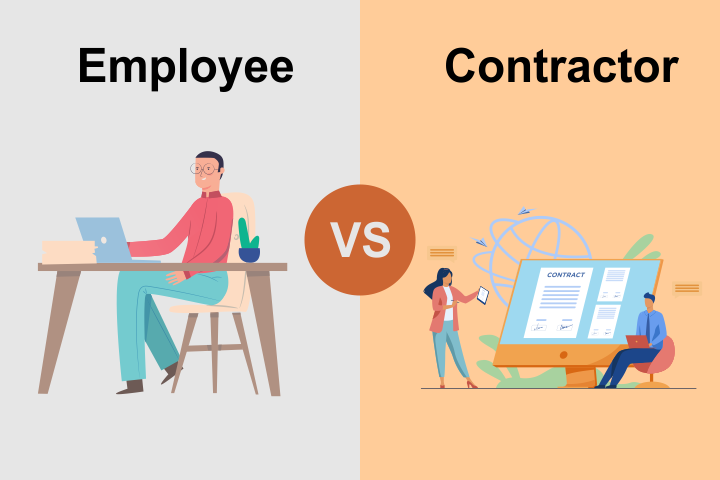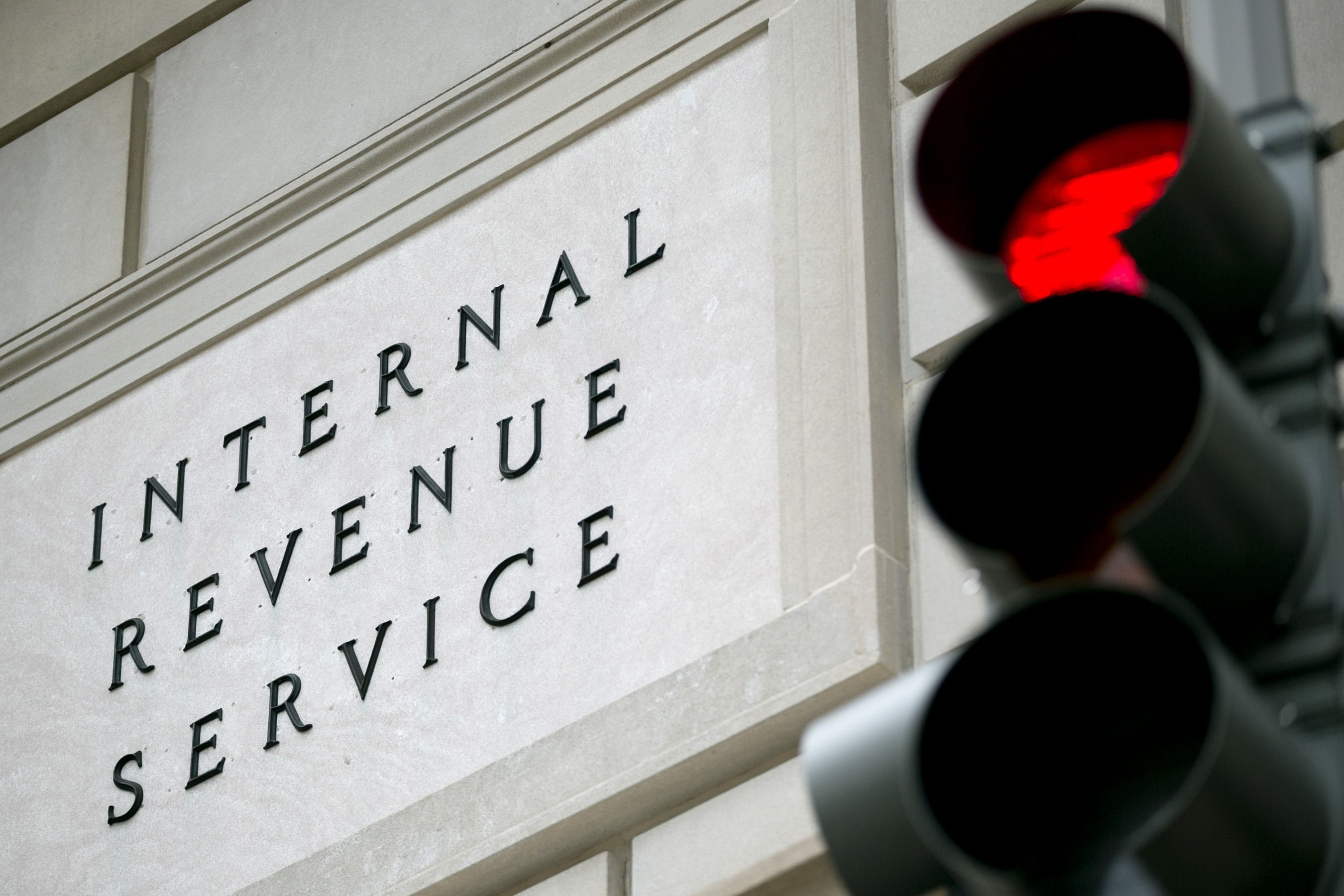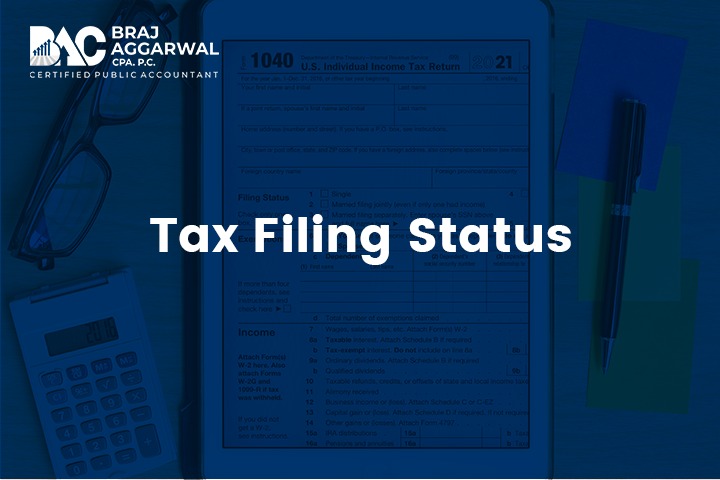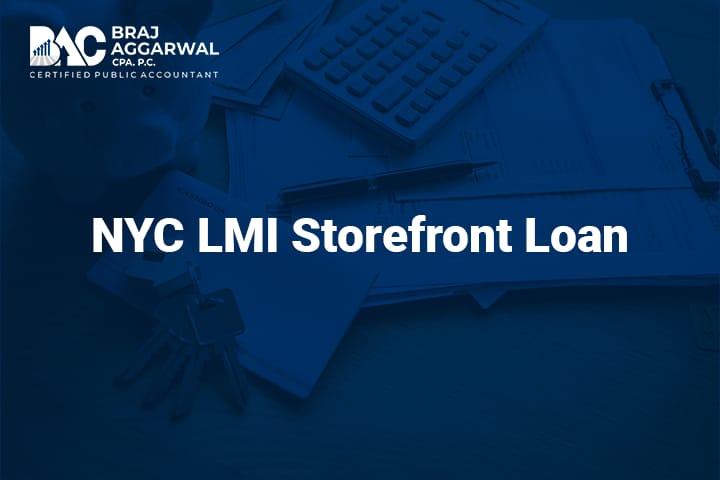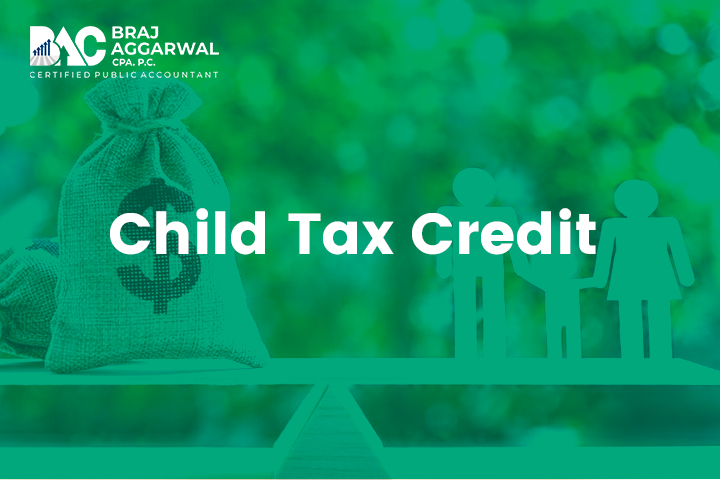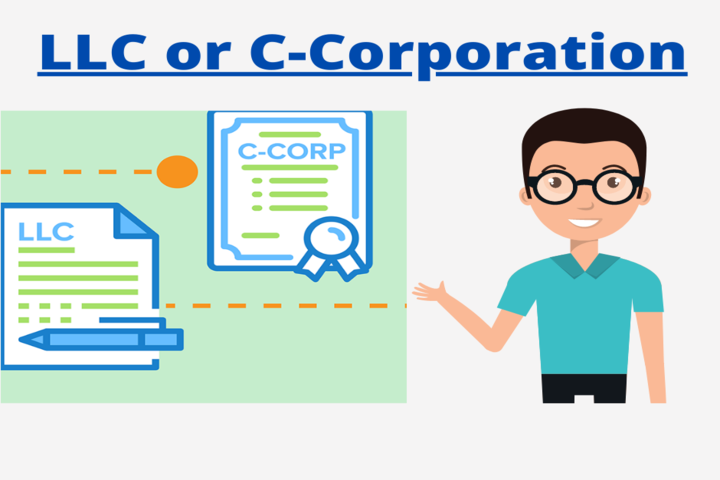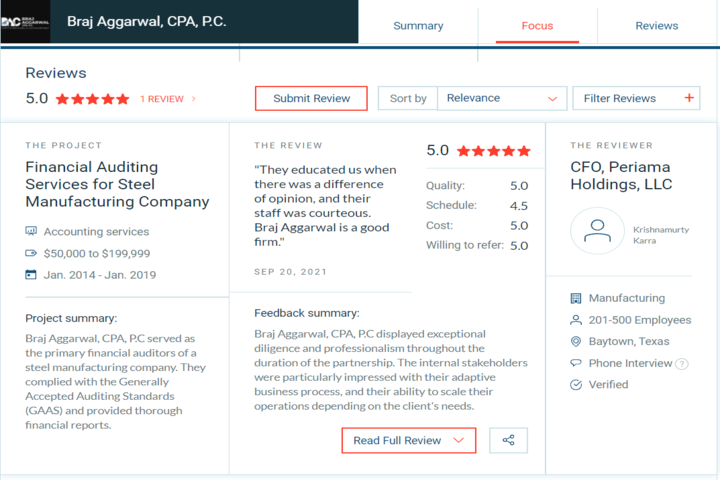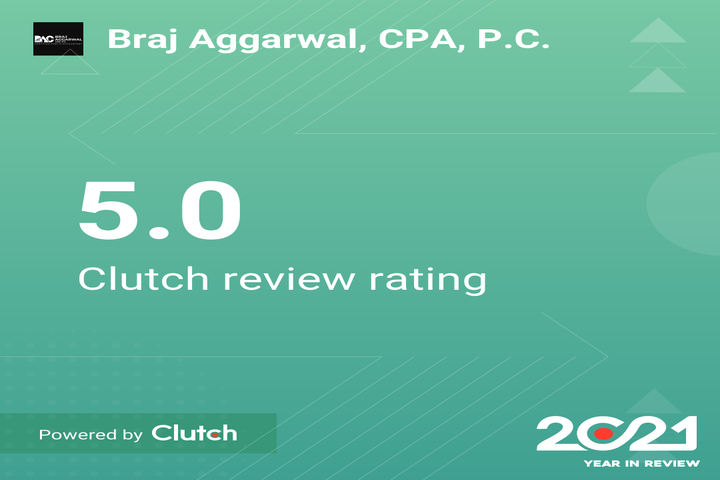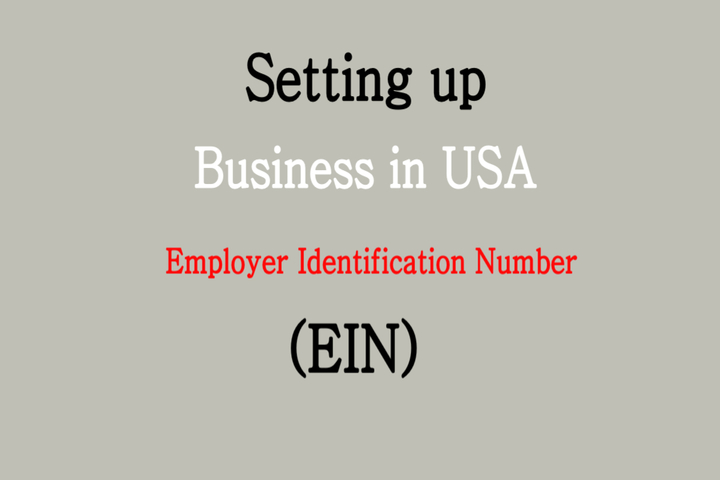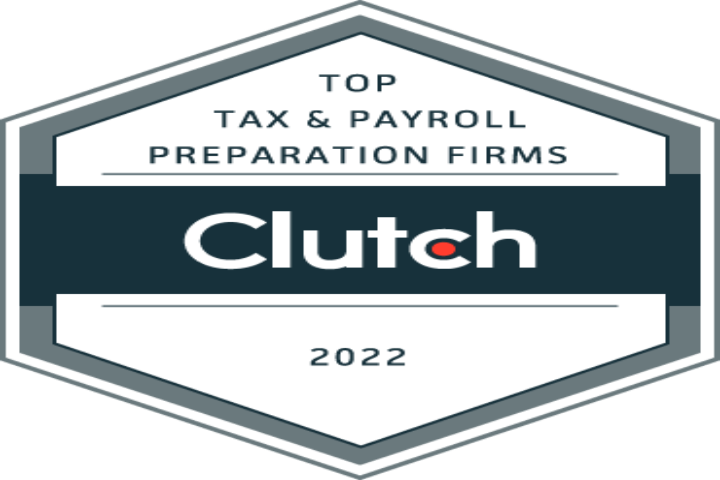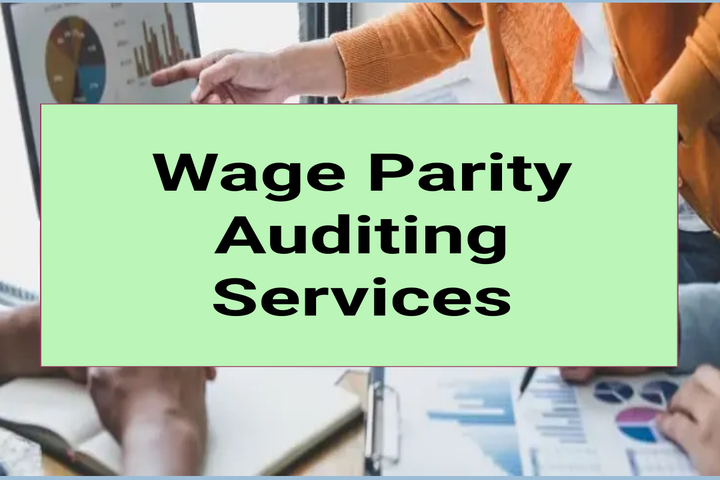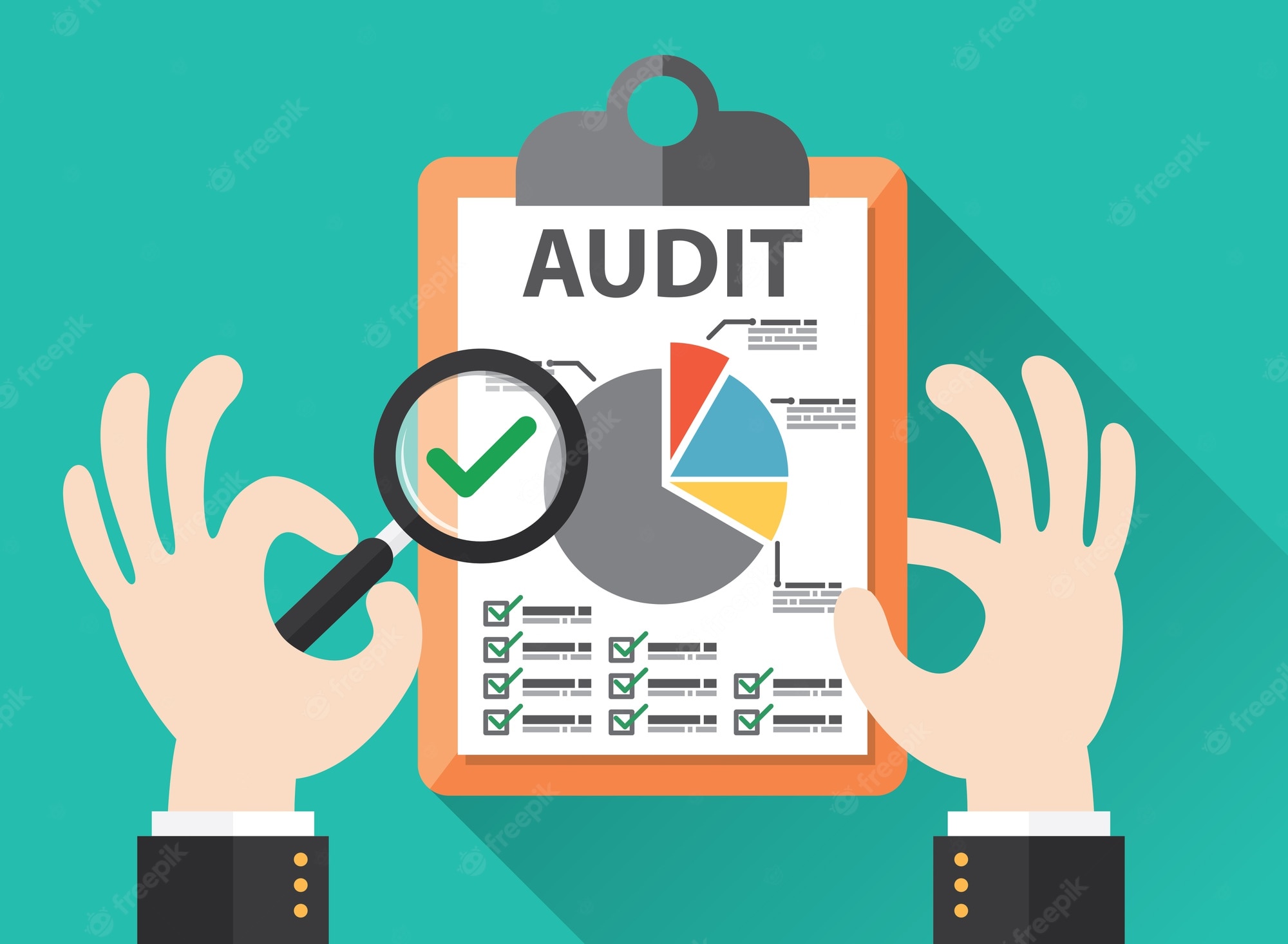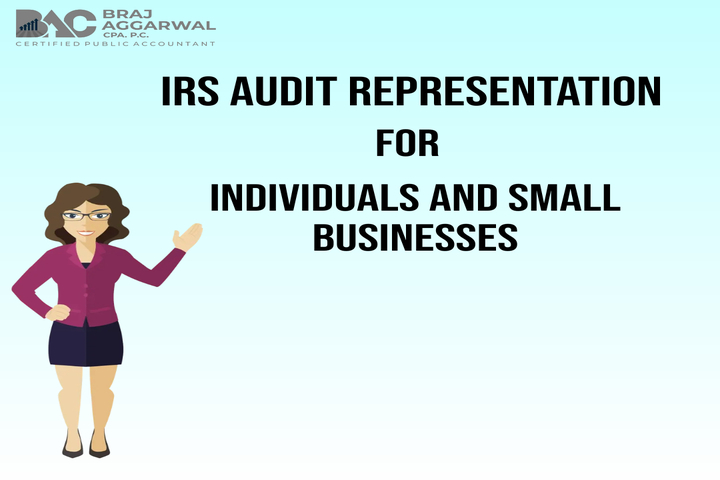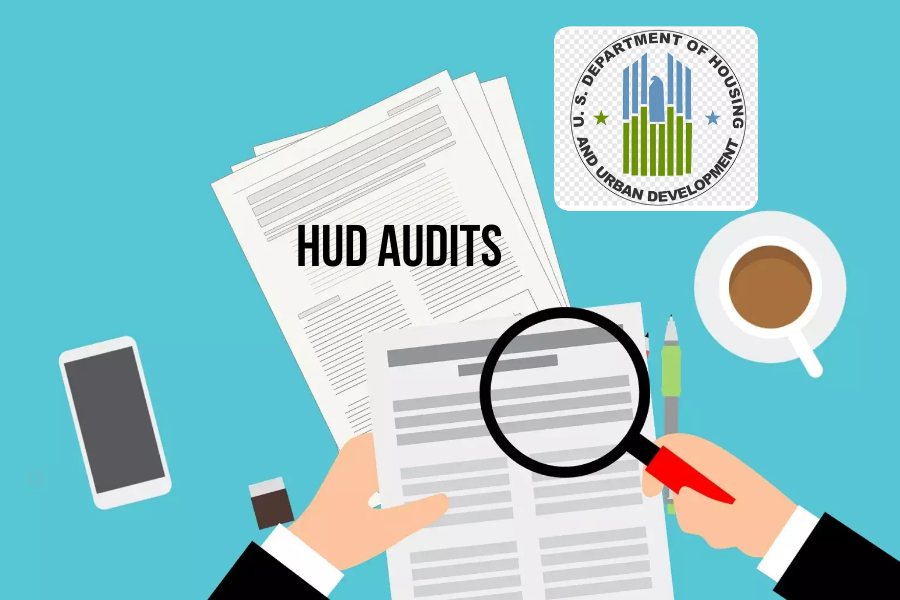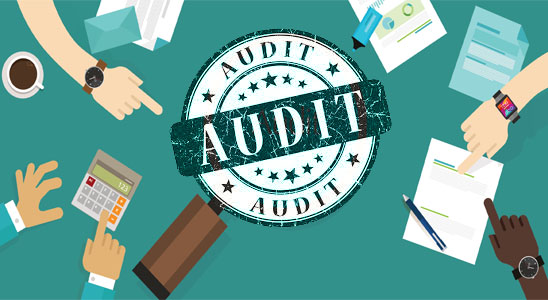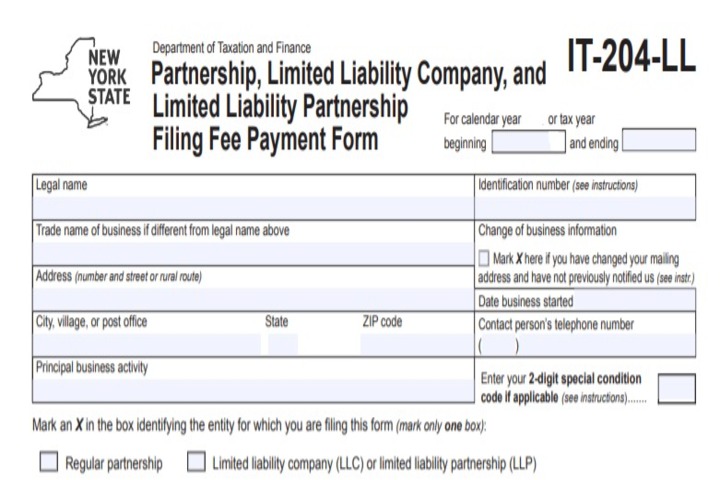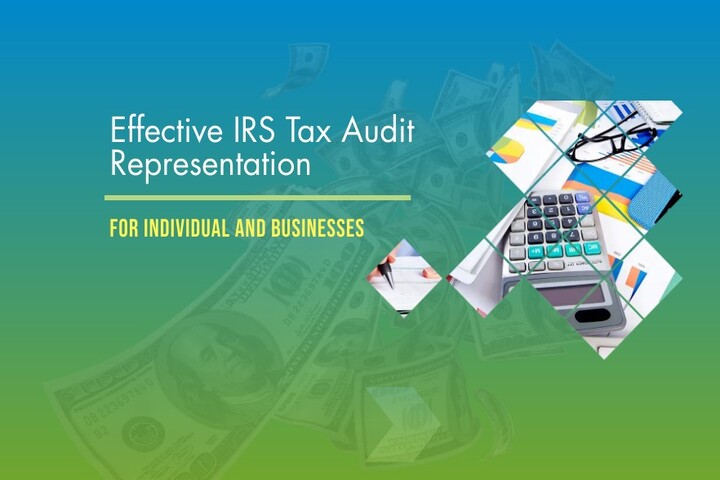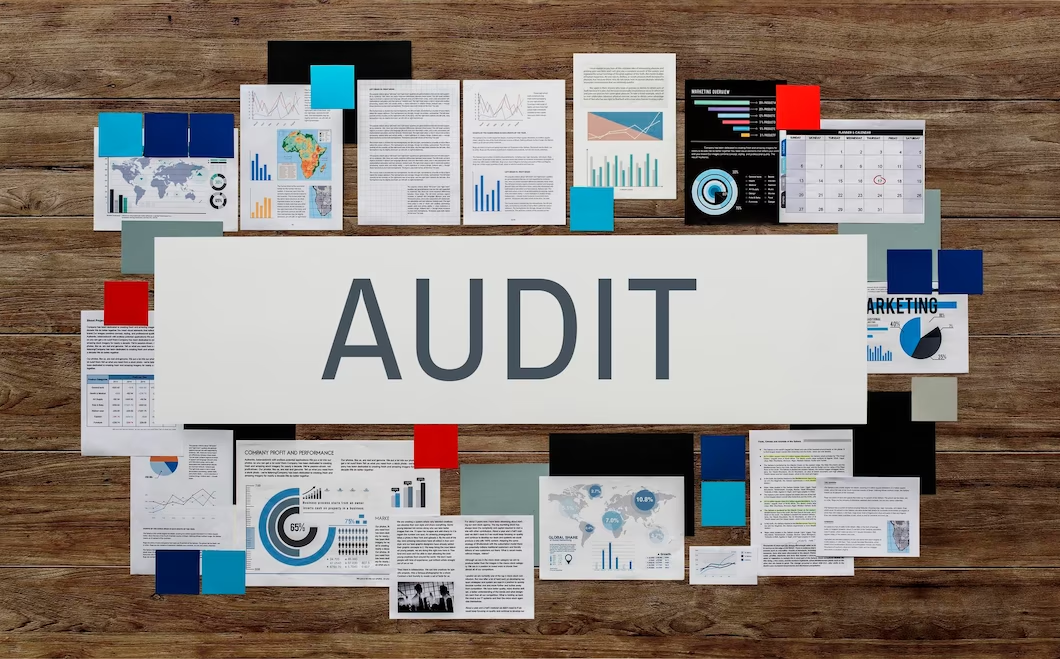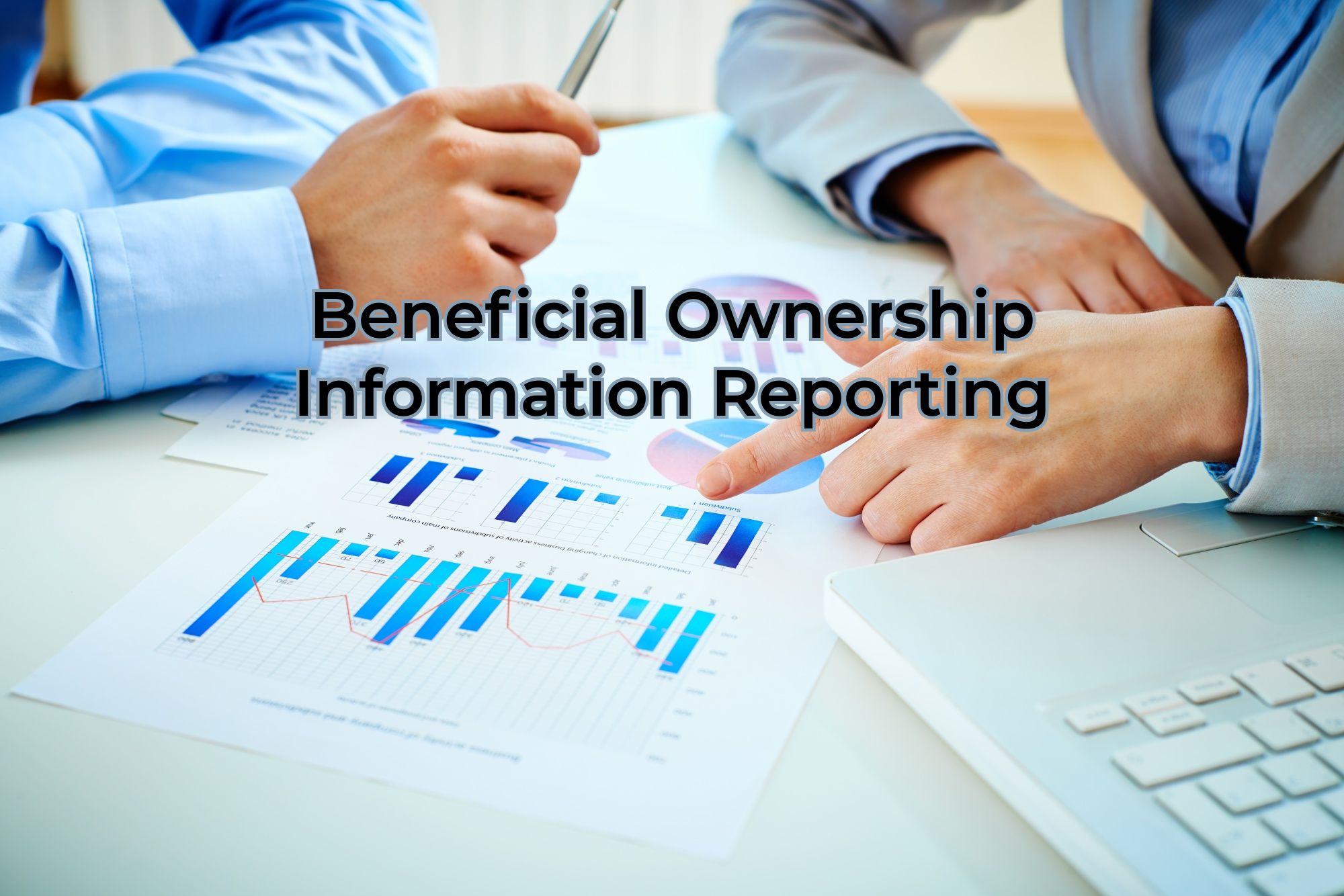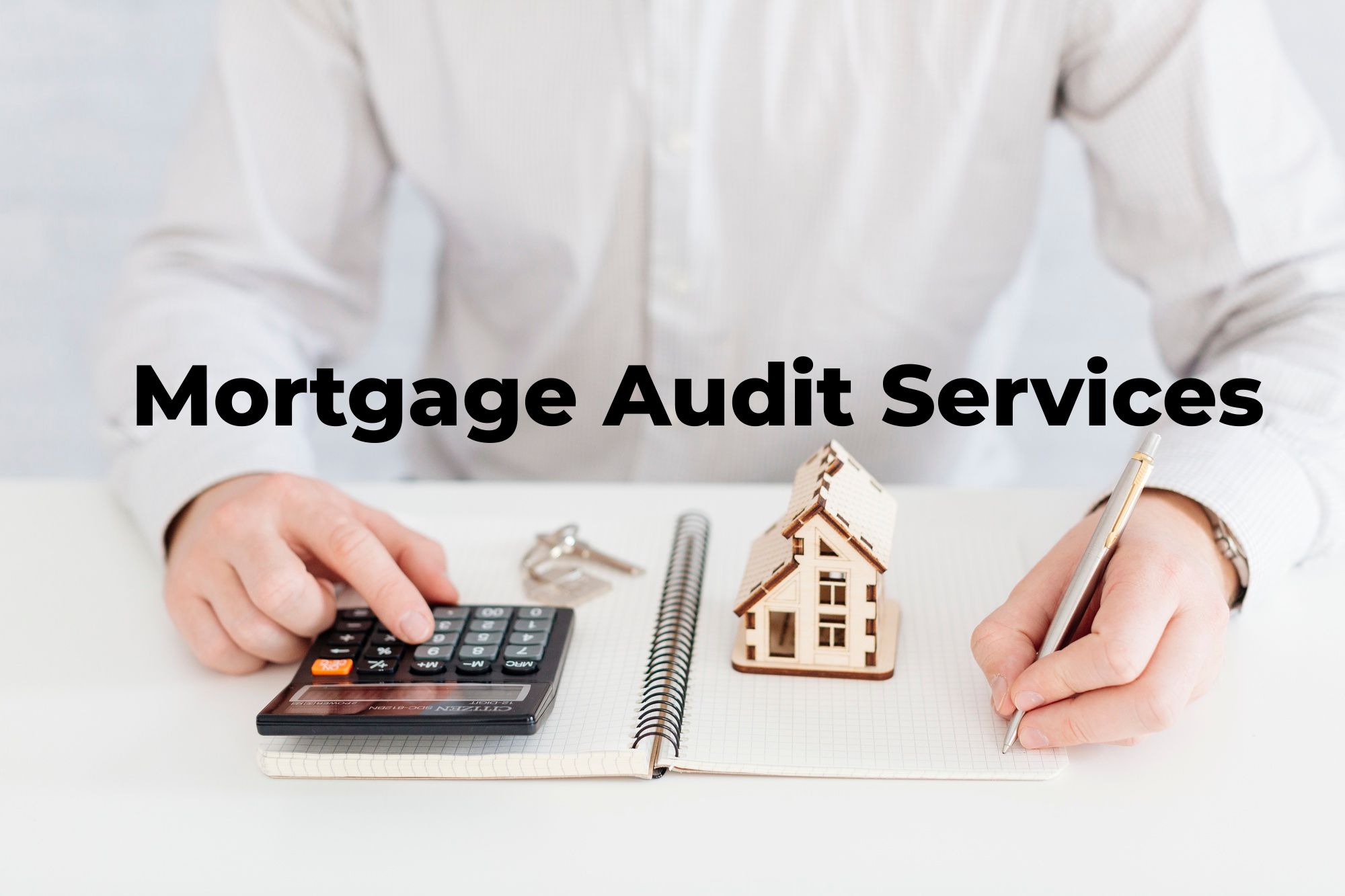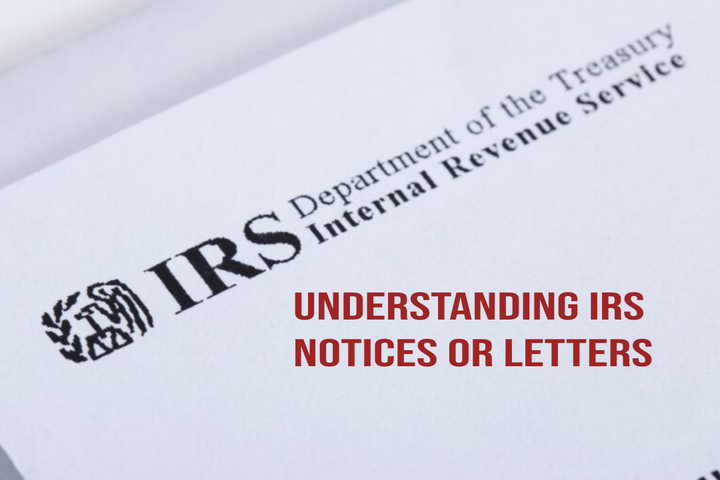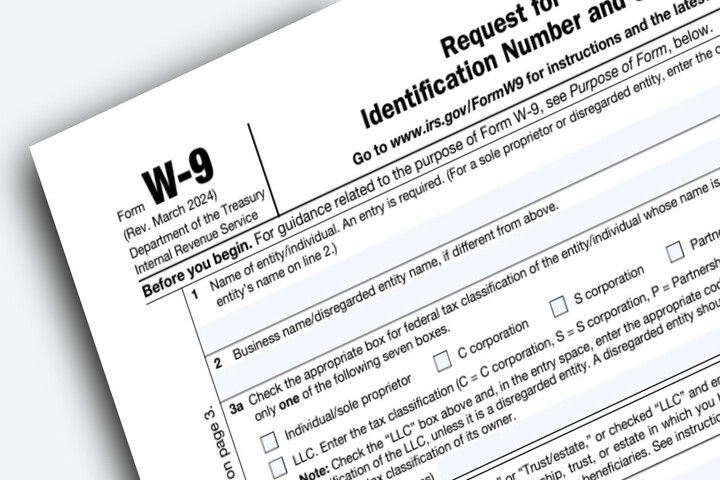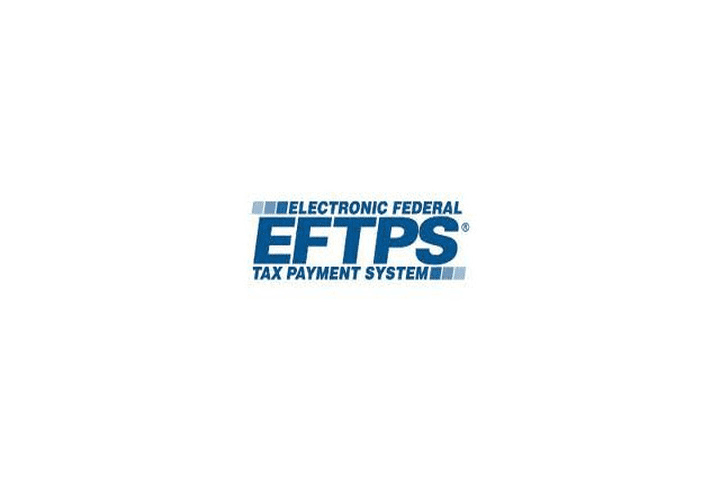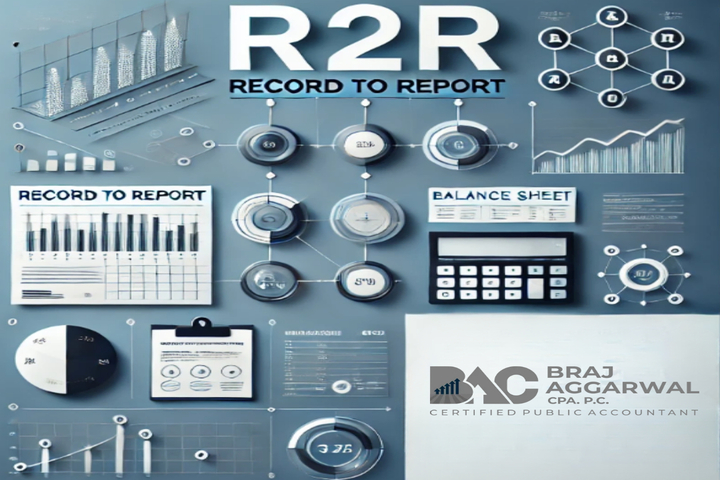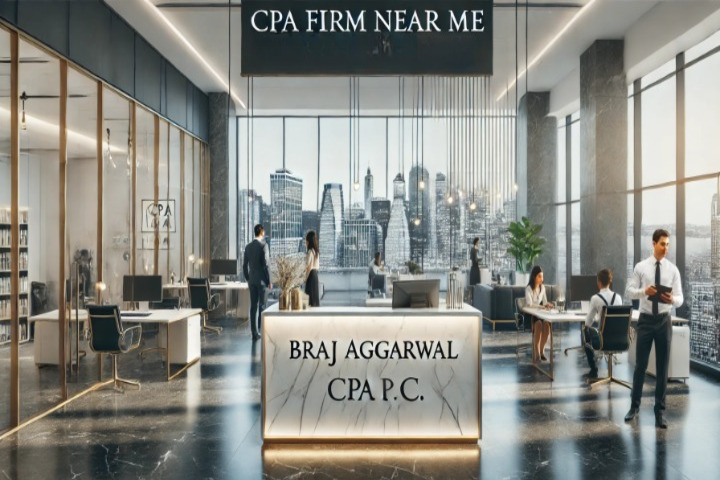Navigating Compliance for HUD-Assisted Properties: A Simple Guide
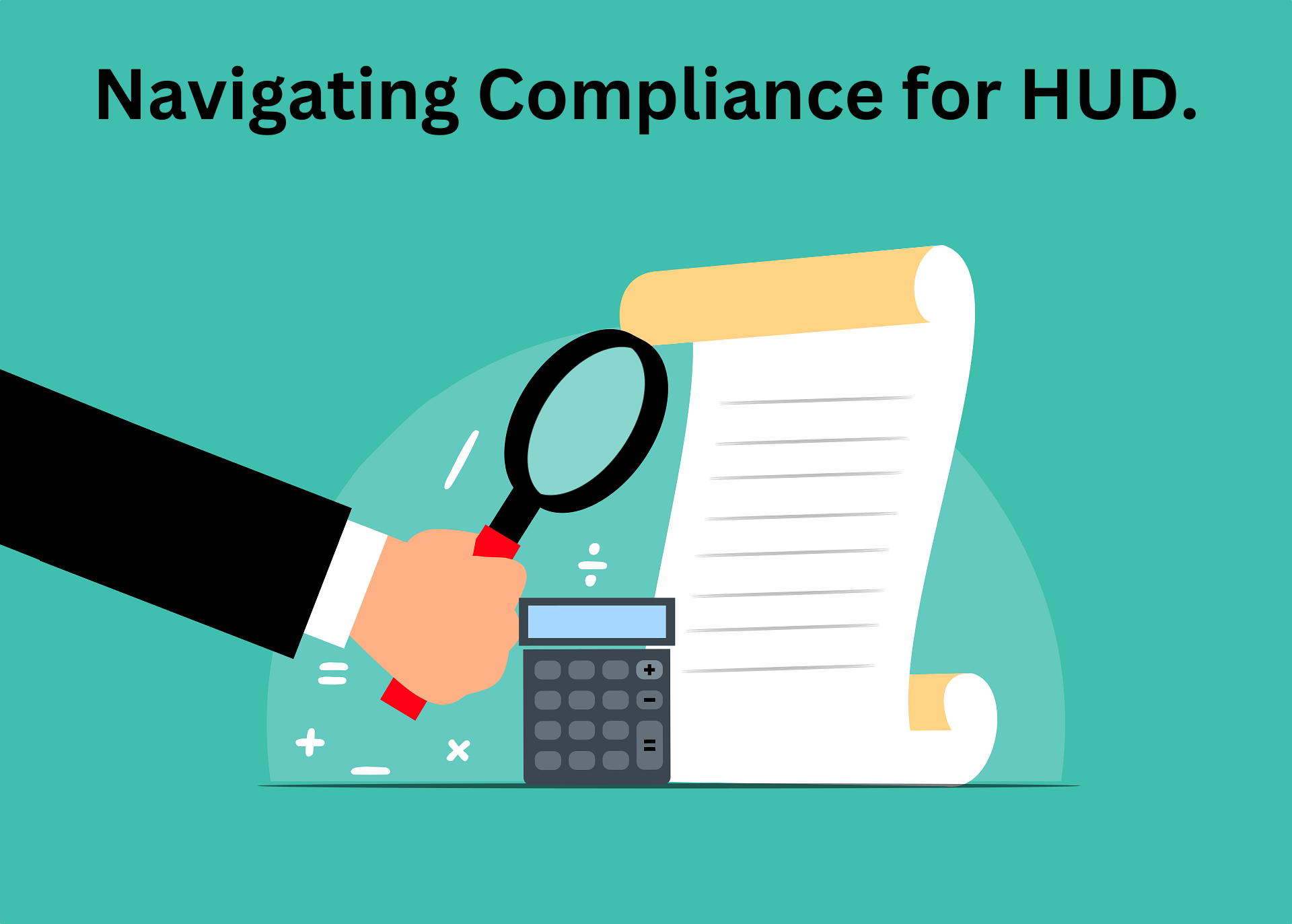
Property ownership under HUD assistance requires strict adherence to financial reporting, operational standards, and distribution limitations. From submitting annual financial statements to ensuring property maintenance and meeting regulatory requirements, compliance is paramount. Failure to meet these standards can trigger consequences ranging from automatic emails for potential non-compliance to punitive fines, impacting the property's financial health and eligibility for further HUD assistance. Here below are the list of the compliances along with the consequences of their non-compliances: -
What are the main areas of compliance for HUD assisted properties?
Financial Reporting: Property owners must submit annual financial statements (AFA- HUD) in a specific format through the Financial Assistance subsystem (FAS Subsystem), using a unique chart of accounts prescribed by HUD. Whether or not an audit is required, the reporting is still required i.e Compliance with reporting requirements is essential, and an audit may be required based on the amount of assistance received. There may be other reporting requirements depending upon the property or depending on compliance history.
Operations and Management Compliance: HUD’s interest is that the Property owners must ensure that the property is maintained in good condition, operated effectively and efficiently, and comply with requirements such as:
- Setting aside money for repairs and replacements (called replacement reserve funding).
- Making sure there's enough money saved up for when tenants move out and need their security deposits back (tenant security deposit compliance).
- Getting approval from HUD for any management fees, which are laid out in special contracts from HUD.
- Paying the mortgage on time.
- Handling money carefully to avoid any misuse and ensuring it's only used for the property's needs (cash management).
- Meeting specific insurance requirements
Limitations on Distributions: Before, property owners of Multifamily housing distribute cashflow according to waterfall and partnership agreement. Once the property under HUD umbrella or HAP agreement, HUD places restrictions on distributions to ensure that there is enough cash to maintain the property before funds are paid out to owners or related parties. Distributions include not only capital distributions but also payments to related parties that may be considered unauthorized distributions after scrutiny by HUD.
What are the Consequences to property owner for not satisfying its financial/ regulatory compliances?
- Email/letter for Potential non-compliance: - In case of Potential non-compliance with AFS-HUD, HUD sends automatic email through Real Estate Assessment Centre (REAC). The property owner needs to respond these emails.
- Flag system in HUD: - HUD keeps an eye on every property and owner to make sure they're following the rules and if any instance of non-compliance, flag will be generated and until flag are being cleared, property owner cannot make distribution / can not do business with HUD. If things get really bad, they might pass your case to the Department of Enforcement Centre (DEC).
- Referral to DEC: - If your case gets referred to the DEC, you're in trouble. Until you sort things out, you can't work with HUD on that property or any other.
- Enforcement of Punitive damages: - And if you still don't fix the problem, HUD might make you pay a fine. This can eat into the money your property makes.
Unlock the potential of your HUD-assisted property with Braj Aggarwal, CPA, P.C. firm's specialized expertise. From meticulous financial reporting to HUD audit, we ensure compliance while maximizing your property's profitability. Trust our proven track record and dedicated support to navigate HUD regulations seamlessly.
Let us be your partner in success – contact Braj Aggarwal, CPA, P.C. today!



